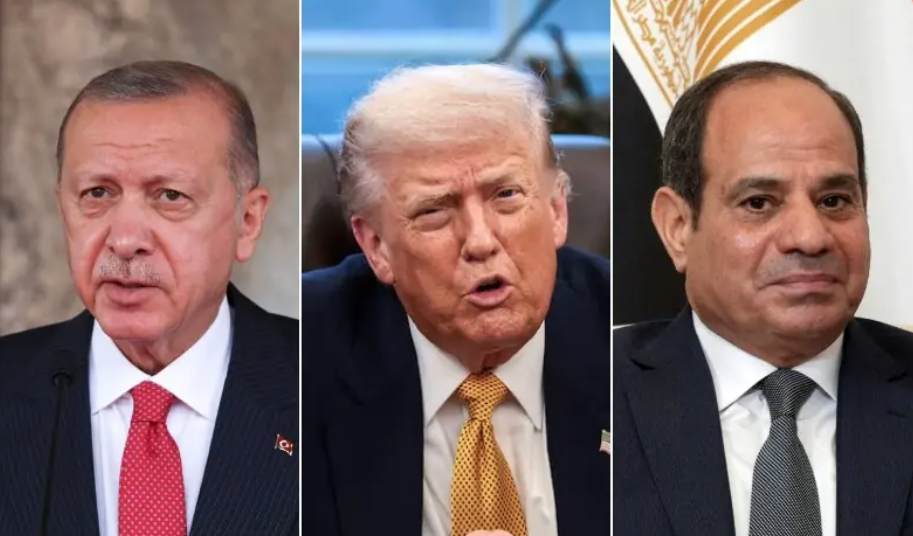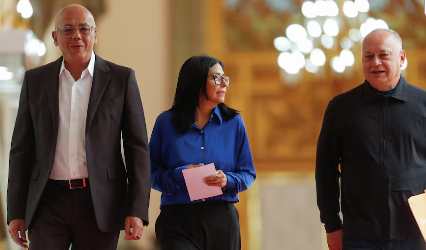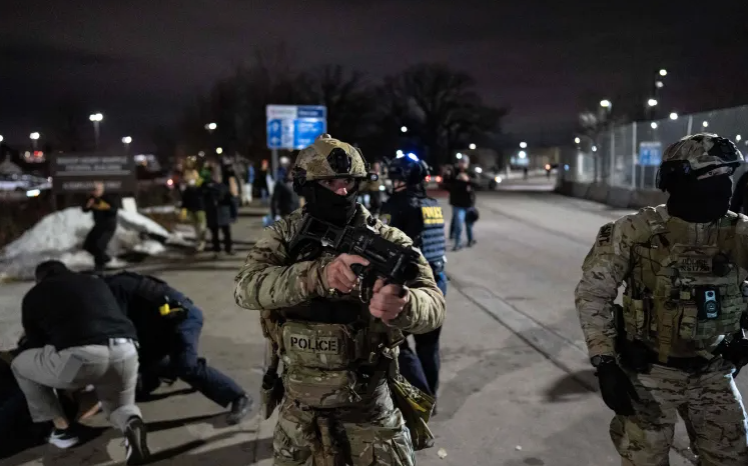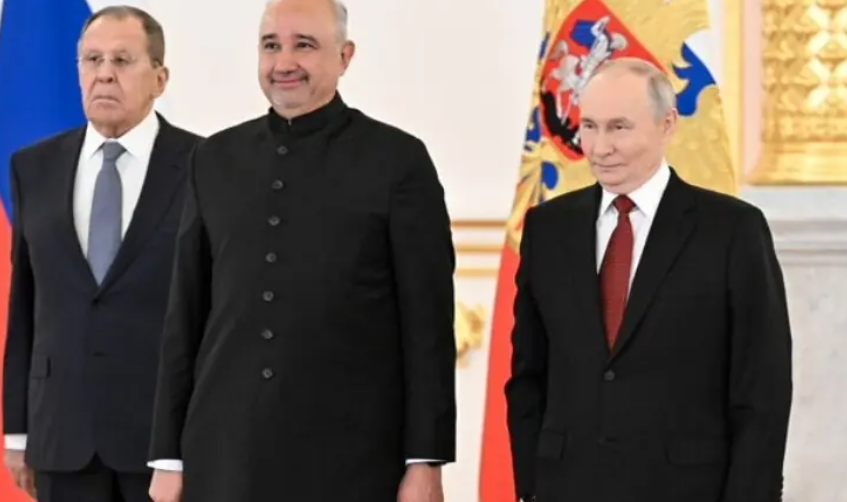WORLD NEWS
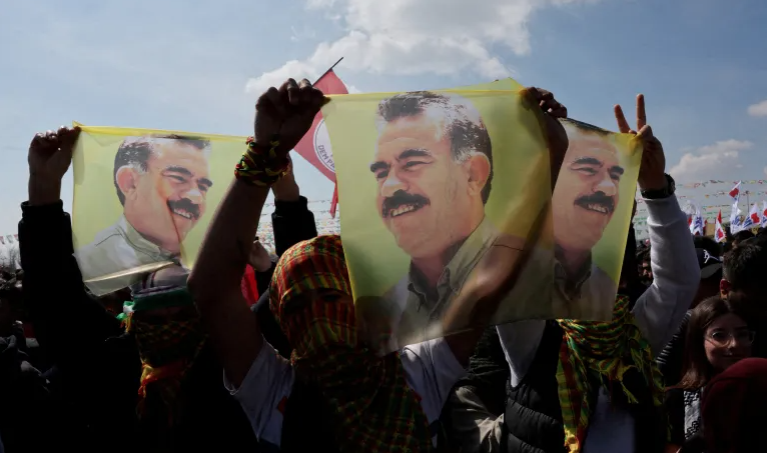
The impact of Abdullah Ocalan’s historic call for the Kurdistan Workers’ Party (PKK) to disband is sending shockwaves across Turkiye and the broader region. This move comes amid shifting alliances in Syria and changing dynamics in Kurdish political representation.
Ocalan, the PKK’s founder, issued the call from a Turkish prison in late February, urging the group to lay down its arms and dissolve itself. The PKK leadership in Iraq’s Qandil Mountains has declared a unilateral ceasefire, delaying decisions on full disbandment until its congress convenes in a month or two. However, Turkiye remains firm in demanding an unconditional dissolution of all PKK-affiliated groups, including its Syrian offshoots.
Why Now? The Decline of Armed Struggle
The PKK’s decades-long conflict with Turkiye has claimed more than 40,000 lives. While Ocalan has previously advocated for ceasefires, this is the first time he has called for the PKK to cease to exist. This shift reflects declining support for armed struggle and the rise of pro-Kurdish political movements.
The Peoples’ Equality and Democratic Party (DEM), formerly the Peoples’ Democratic Party (HDP), has grown into a significant political force. Kurdish representation in Turkiye’s democratic system is seen as a more sustainable path compared to the PKK’s armed conflict.
Turkiye’s Strategic Calculations
For President Recep Tayyip Erdogan and the ruling Justice and Development Party (AK Party), managing this transition is crucial. While Turkish nationalism remains strong, there is also a need to regain Kurdish electoral support lost after the collapse of the 2015 peace process.
A major development was Nationalist Movement Party (MHP) leader Devlet Bahceli’s unexpected support for discussing Kurdish political rights, signaling a possible shift in state policy.
However, nationalist factions within the government and opposition parties like the Republican People’s Party (CHP) remain skeptical, hesitant to endorse a process led by Erdogan’s government.
Regional Repercussions: Syria, Iraq & the US
The PKK’s dissolution would have profound effects beyond Turkiye:
· Syria: The Syrian Democratic Forces (SDF), dominated by the People’s Defense Units (YPG)—the PKK’s Syrian offshoot—recently signed an agreement with Damascus to integrate into the Syrian army. Turkiye has long demanded the dismantling of the YPG’s military leadership and its integration into the Syrian state without territorial ambitions.
· Iraq: Turkiye’s operations against PKK bases in Iraq have strained relations with Baghdad. A PKK disbandment could ease tensions and open the door for stronger economic and security cooperation.
· Western Relations: The US and EU—which label the PKK a terrorist organization—have backed Kurdish forces fighting ISIL (ISIS) in Syria, leading to diplomatic rifts with Turkiye. A resolution of the Kurdish conflict could strengthen Turkiye’s position in NATO and improve ties with Europe.
Challenges to a Lasting Peace
Despite this ceasefire, the PKK’s full disbandment remains uncertain. A key issue is what happens to PKK fighters—whether they will receive legal amnesty, be reintegrated into Kurdish politics, or be relocated to third countries.
Turkiye has not committed to major democratic reforms such as expanding Kurdish political and cultural rights, which raises questions about how a lasting peace can be achieved. Legal frameworks for disarmament, demobilization, and reintegration will be critical.
A rushed or tactical settlement without structural changes could fail, but a well-managed transition could reshape Turkiye’s political landscape and bring stability to the region.

